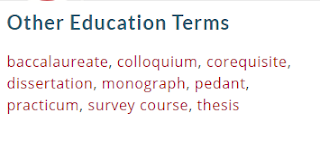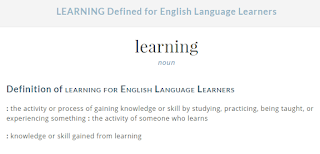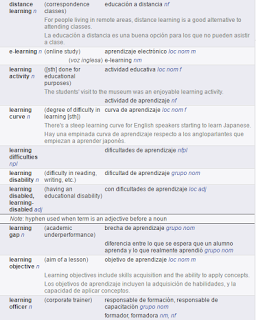If I think about a specific learning context where I would like to teach in the future, I choose teaching in Bachillerato. In these lessons, I would like to promote interaction among my students since I think that it would take them to avoid any fear they would have related to fact of communicating in English.
I would like to use a daily vocabulary which would lead them to be able to have a real communication with other speakers of this language.
Some of the teaching strategies which I know to promote interaction in class are:
- Role-plays.
- Debates about different topics.
- Presentations.
- Etc.
Now, I am going to list some of the advantages and disadvantages of interaction in class. On the one hand, I think some of these advantages would be that students would get a fluency on the different skills of the language and they would remove the fear of making mistakes as well. On the other hand, talking about the disadvantages I think it would be a mess if all the students interact among them at the same time in class and, in addition, it is a new technique so it would be a little bit hard to implement it at the beginning.
See you in the next post!



























